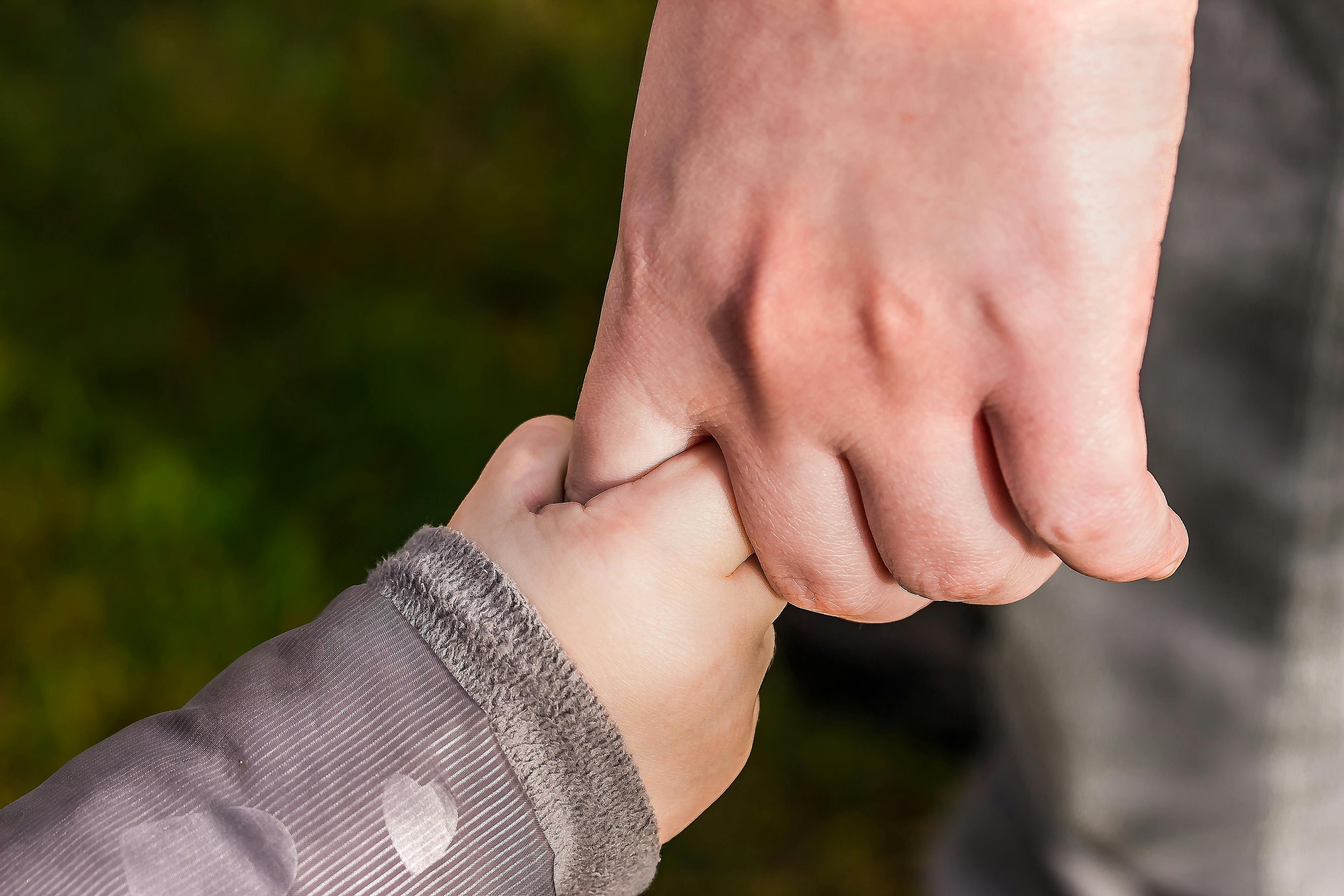
Child Custody and Visitation
During a split between parents, nothing can be more distressing than the prospect of a difficult child custody dispute.
We will work to calm the rough waters of child custody disputes, assist with crafting and implementing parenting plans, connect families with mental health professionals, and, when necessary, work to obtain court orders necessary to protect your children. Our attorneys frequently litigate child custody disputes and also assist our clients in mediating these disputes whenever possible. We use a network of experts – child psychologists, custody evaluators, and co-parenting counselors – to help us advise our clients and, if necessary, to prove their case in litigated custody disputes.
In the case that parents cannot agree on the custody of their children, the court makes a determination about the best interests of the children, based upon a number of factors. No one factor is determinative. Two of the factors in the best interests analysis is the need of a child for frequent and continuing contact with both parents and the need for continuity and stability.
The court will make a determination of which parent should have legal custody and physical custody. Legal custody means the right of the parent to make decisions regarding the health, education, and welfare of the child. The court can make a determination of sole legal custody to one parent or joint legal custody between parents. In the case of sole legal custody, only one parent has the power to make decisions regarding the child's health, education, and welfare. This can mean choice of school, enrollment in extracurricular activities, and the power to make decisions regarding medical treatment. However, regardless of custodial status, each parent is entitled, in most cases, to all information regarding the health, education, and welfare of the child. Our San Francisco family law office has sought and obtained orders for sole legal custody in cases where the evidence showed that the parents were unable to work cooperatively to make decisions regarding the children’s welfare. In the case of joint legal custody, both parents have the power to make decisions regarding health, education, and welfare. In practice, the court has a preference for the parents having joint legal custody, although there is nothing in the law that requires it.
Physical custody refers to the parent or parents with whom the child lives. Joint physical custody arrangements can vary widely. In some cases, joint physical custodians can see the children for several days a week. In other cases, a joint physical custodian may see the children every other weekend. Like with legal custody, although there is nothing in the law that requires an order for joint custody, courts often have a preference, in practice for joint custody. However, an order for joint custody says almost nothing about what kind of timeshare schedule you are going to set in place for your children. At the beginning of a custody dispute, we work with our clients to set up a schedule that works – informally if possible – with the other parent. This initial schedule sets the stage for the schedule that the court would adopt if a dispute about child custody crops up.
Although cases where parents have sole physical custody are less common than those with joint physical custody arrangements, sole physical custody is sometimes appropriate and necessary for the welfare of the children. Where one parent had no prior experience or desire to care for the children before the parents split up or where substance abuse or domestic violence are an issue, sole physical custody can be a necessity for the safety of the children. Our office has litigated and won requests for sole physical custody where it was necessary for the welfare of the children.
Questions? Consult with us.
Transmission of information from this Website does not create an attorney-client relationship between you and The Firm, nor is it intended to do so.